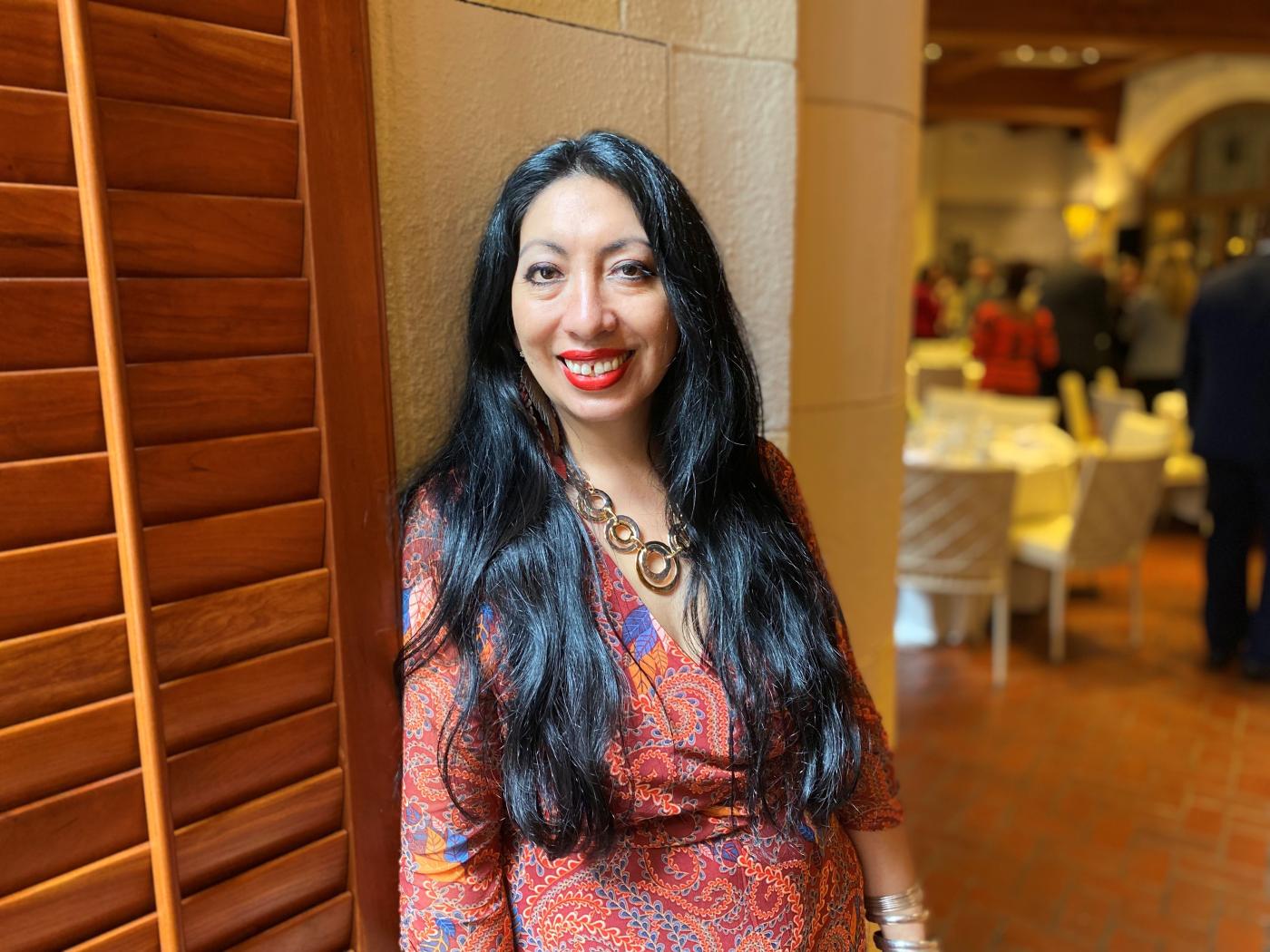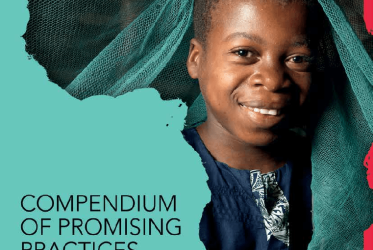“Often these two sectors can be distant from one another and when we sit together at the same table, we see that we actually have the same interests—we want to fight for health, for justice, for a world with no discrimination,” said Ross. “Being the daughter of an evangelical pastor and a person living with HIV, I know God gave me the mission of bringing these parties together.”
Ross sees firsthand that many people living with HIV have a negative perception of God. “They think God is punishing them with HIV,” she said. “I know that, most of the times, HIV is a consequence of our lack of knowledge, lack of education, and lack of power to make good decisions.”
Through her work with the WCC, she wants to lead churches and communities in an exploration of how far we have come in responding to HIV and AIDS. “In the early days, we had no medications and we all were going to die,” she said. “That has now been transformed in a story of hope, of compassion, and an opportunity to show God’s love to the world.”
She recalls when she first learned she had HIV. “What was going to happen to me? When was I going to die? How could I face the people and their prejudices about AIDS? How could I ever tell people from church that I was HIV positive?”
Her family did not reject her, she said. “They received me with open arms, told me they did not want to know what happened, but just wanted to be with me and support me until the last day,” she said. “The Lord used different brothers and sisters in the faith to bring healthiness and consolation to the pain in my heart.”
She was not the same person any more. “I needed to know what God demanded from me now,” she recalled—and that led her on a path to supporting people living with HIV, especially those who do not have any support at all, even from their own families. “The pain for their souls and bodies is terrible: they die alone, abandoned by their own families, without having a light of hope.”
One of the biggest challenges facing the work of the Ecumenical HIV and AIDS Initiatives and Advocacy programme today is that people living with HIV and affected communities seem to have been forgotten by churches and governments. “Nowadays, HIV is being left behind and with that, people who are living with HIV face the risk of having our medications interrupted and prevention services postponed or cancelled,” she said. “Most of the funding for medications in the developing world still comes from international cooperation.”
As the COVID-19 pandemic swept through the world, Ross and others saw how easy it is for people to let stigma and discrimination come back.
“Responding to HIV is a moral obligation of the government and of the church,” she said, “because we are mandated to provide healing to the wounded.”







